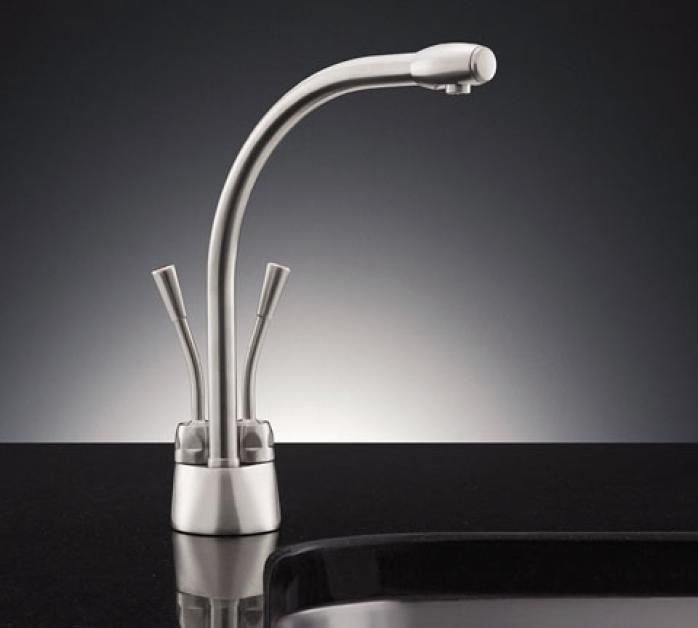Introduction to Boiling Water Taps
Boiling water taps have become an increasingly popular feature in modern kitchens, offering a level of convenience that traditional kettles and microwaves simply cannot match. These innovative fixtures provide instant access to boiling water, which can be a game-changer for busy households and culinary enthusiasts alike. With the rise of smart kitchen technologies, the boiling water tap stands out as a must-have, blending efficiency with style. This article explores the various aspects of boiling water taps, from their functionality and benefits to installation considerations and environmental impact.
Functionality and Benefits
At the heart of the boiling water tap’s appeal is its unparalleled functionality. Unlike conventional methods that require waiting for water to heat up, a boiling water tap delivers water at a rolling boil with the simple turn of a lever. This immediacy is not just convenient but also enhances the efficiency of kitchen tasks. Whether you’re preparing a quick cup of tea, blanching vegetables, or sterilizing baby bottles, the speed and ease provided by a boiling water tap can significantly streamline your routine.
In addition to convenience, boiling water taps are designed with safety features to prevent accidental burns, such as childproof handles and insulated spouts. They often come with adjustable temperature settings, allowing users to customize the water temperature to their specific needs. This versatility makes them not only a time-saver but also a versatile tool in the kitchen. Furthermore, many models integrate filtration systems, ensuring the water is not only hot but also pure and free from contaminants.
Installation and Maintenance
Installing a boiling water tap requires some considerations, primarily due to the need for a dedicated under-sink boiler unit and a cold water feed. The installation process is generally straightforward but may necessitate professional plumbing services to ensure proper setup and safety compliance. It’s important to choose a location with sufficient space to accommodate the boiler unit, typically positioned under the sink. Additionally, the installation should take into account the kitchen’s overall layout to optimize convenience and accessibility.
Maintenance of boiling water taps is relatively low-effort but crucial for longevity and performance. Regular descaling is necessary to prevent limescale build-up, particularly in areas with hard water. Many models come with reminders or automatic descaling features to simplify this process. Periodic filter replacement is also recommended to maintain water quality. Users should follow the manufacturer’s guidelines to ensure their boiling water tap remains in top condition, providing reliable and safe boiling water for years to come.
Environmental Impact and Efficiency
From an environmental perspective, boiling water taps can be more energy-efficient compared to traditional kettles. Since they heat only the amount of water needed and maintain it at the desired temperature, they avoid the repetitive heating cycles that kettles undergo, which can lead to significant energy wastage. This efficiency can translate into lower household energy consumption and reduced utility bills over time.
Moreover, the instant availability of boiling water reduces water wastage, as users are less likely to overfill a kettle or reheat cooled-down water. Some models are designed with eco-friendly features, such as standby modes that minimize energy usage when the tap is not in active use. While the initial investment in a boiling water tap system can be higher than that of a conventional kettle, the long-term savings and environmental benefits often justify the cost.
Conclusion
In conclusion, boiling water taps represent a significant advancement in kitchen technology, offering unmatched convenience, safety, and efficiency. Their ability to provide instant boiling water simplifies numerous kitchen tasks and enhances overall productivity. While the installation requires careful planning and regular maintenance is essential, the benefits far outweigh these considerations. Furthermore, their environmental efficiency makes them a responsible choice for eco-conscious consumers. As the demand for smart home solutions continues to grow, boiling water taps are poised to become an indispensable fixture in modern kitchens, transforming the way we interact with and utilize water in our daily lives.



